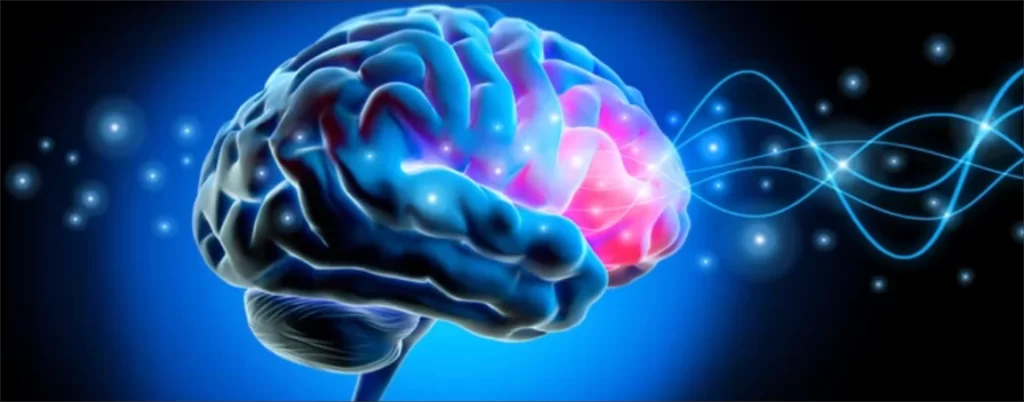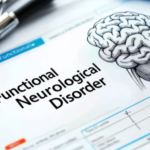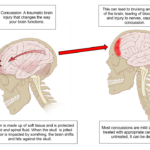NEURODEVELOPMENTAL TREATMENT (NDT)
Neurodevelopmental Treatment (NDT) is a type of physical therapy that focuses on improving the motor abilities of individuals with neurological conditions, such as cerebral palsy, spinal cord injury, or stroke. The goal of NDT is to help individuals with neurological conditions achieve their maximum level of function and independence.
NDT is based on the principles of neurodevelopment, which is the study of the natural process of motor development that occurs in infants and young children. The therapy uses techniques and interventions that are designed to help re-establish or enhance normal patterns of movement and posture that were disrupted by a neurological condition.
NDT is often used in neurological physiotherapy and rehabilitation, and it is a comprehensive approach that includes assessment, goal setting, treatment planning, and intervention. The treatment process typically involves several stages, including normalizing muscle tone, improving posture and balance, and facilitating functional activities, such as walking and reaching.
NDT therapy is individualized for each patient based on their specific needs and goals. The therapist works closely with the patient to assess their abilities and limitations, and then develops a treatment plan that is tailored to their needs. This approach allows for a more effective and efficient rehabilitation process, and it has been shown to improve functional outcomes in individuals with neurological conditions.







